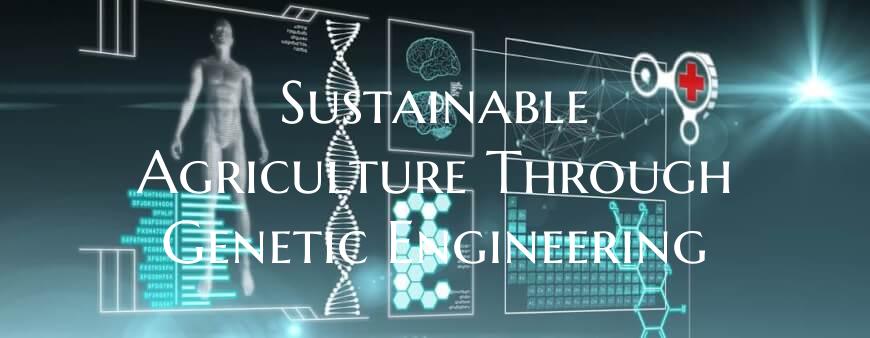Sustainable Agriculture Through Genetic Engineering
In recent years, the field of agriculture has been rapidly evolving with the introduction of genetic engineering techniques aimed at developing sustainable practices. By harnessing the power of genetic engineering, scientists and farmers alike are working towards creating more efficient and environmentally friendly agricultural systems that can support the growing global population while minimizing the impact on the planet.
One of the key aspects of sustainable agriculture through genetic engineering is the development of genetically modified (GM) crops that have been engineered to possess desirable traits such as pest resistance, drought tolerance, and increased nutrient content. These traits not only enhance the productivity of crops but also reduce the reliance on chemical pesticides and fertilizers, thereby promoting a more sustainable approach to farming.
Genetic engineering has also paved the way for the development of crops that are better suited to withstand the challenges posed by climate change. By introducing genes that confer tolerance to extreme temperatures, flooding, or salinity, scientists are helping farmers adapt to changing environmental conditions and ensuring food security in the face of a changing climate.
Furthermore, genetic engineering has enabled the production of crops with improved nutritional profiles, offering an opportunity to address malnutrition and food insecurity in vulnerable populations. For example, biofortified crops that are enriched with essential vitamins and minerals can help combat micronutrient deficiencies prevalent in many developing countries.
In addition to crop improvement, genetic engineering is being utilized to enhance livestock productivity and disease resistance. By selectively breeding animals with desirable traits or introducing specific genes through genetic modification, farmers can increase the efficiency of meat and dairy production while reducing the need for antibiotics and other veterinary treatments.
While genetic engineering holds immense potential for sustainable agriculture, ethical considerations and regulatory frameworks must be in place to ensure the responsible and safe deployment of these technologies. Transparency, stakeholder engagement, and rigorous risk assessments are essential components of a well-regulated approach to genetic engineering in agriculture.
In conclusion, sustainable agriculture through genetic engineering offers a promising pathway to address the complex challenges facing our food systems. By leveraging the innovative tools and techniques provided by genetic engineering, we can create resilient agricultural systems that meet the needs of both current and future generations, while safeguarding the health of our planet.

